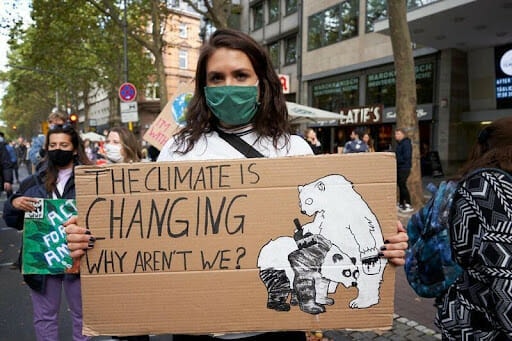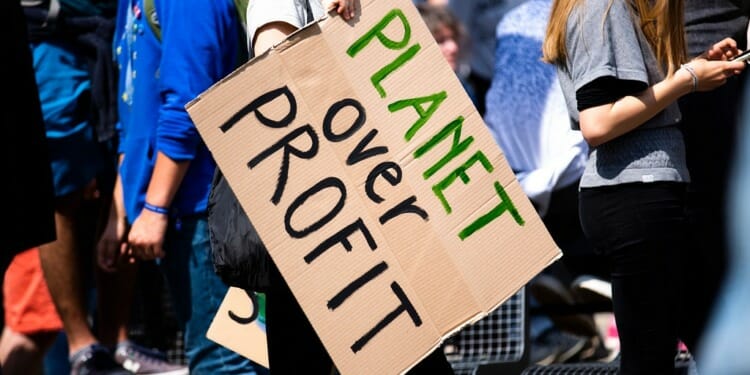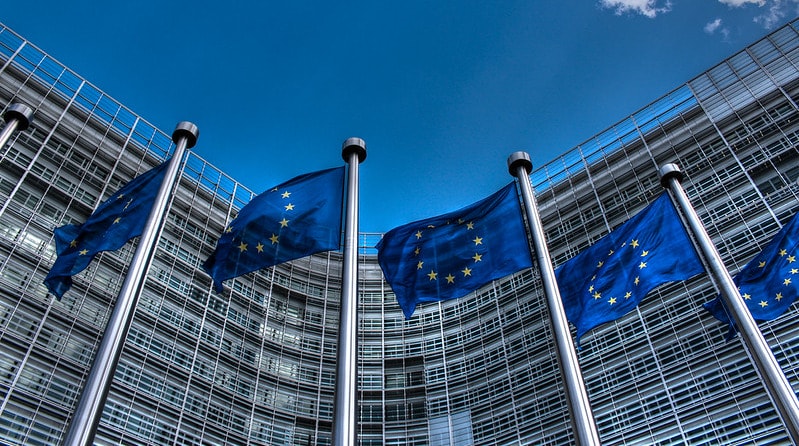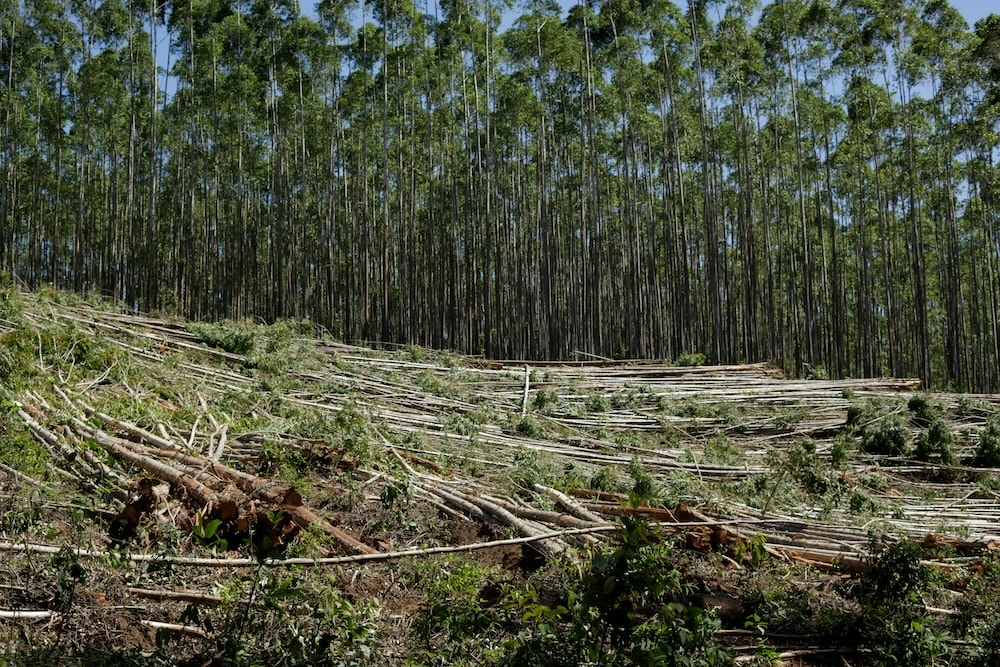For a long time, many business leaders had the perception that one can have profits or achieve sustainability, but not both. This probably has its roots in the Friedman doctrine which argued that the sole purpose of a business is to generate profit for shareholders.
This has left much of the world divided, either believing that businesses have a greater social responsibility, and those who agree with Friedman and feel social goals are best left to politics. However, it’s safe to say that the world has become a more complex place over the last 50 years, and businesses have become ever more complicated enterprises that need to balance many different priorities.

Sustainable businesses are redefining the corporate ecosystem by re-designing models to create long-term value and taking into consideration how a given organization operates in the ecological, social and economic environment. Sustainability is built on the assumption that developing such strategies fosters longevity.
In response to the COVID-19 pandemic, the best practices to maximize credibility and profitability have been outlined by various sources. However, the underlying message is clear – we must explore alternatives to current capitalist structures that create long-term shared value for all.
Making A Difference Through Business
With roadmaps to net-zero emissions underway, the pressure to meet climate targets is mounting – and businesses form a huge part of this equation. Ignoring the interrelationship between business and the environment is no longer an option with greening initiatives and circular business models on the minds of everyone from big corporations to early-stage startups.
Sustainability has the potential to drive innovation and productivity growth in the global economy. Michel Porter and Mark Kramer pioneered the idea of “creating shared value,” arguing that businesses can generate economic value by identifying and addressing social problems that intersect with their business. Adding further that a shared value approach reconnects company success with social progress.
RELATED ARTICLES: COP26 – Now The Talking’s Done, Let’s Get To Work! | COP26 Delivers New Rules for the Carbon Market | Why It’s Time for Climate Emergency Finance | Why You Should Invest Sustainably | Can the Paris Agreement Goals Be Met? How The Global Stocktake Works
Andrew Beebe from Obvious Ventures said “People talk a lot about profit and purpose. For a long time, it was profit vs purpose, then we started to realize it was possible to combine purpose and profit. Now we’re entering a world of profit because of purpose, where the goal is to create companies where the more they sell, the better is for society and the environment”.
Entrepreneurs Shaping Their Own Path
Atomico’s State of European tech report highlights startups making a difference. In 2021, planet-positive venture investments climbed at twice the rate of overall investments into tech. This increase can be attributed to, an imminent pressure to meet climate goals, a new generation of talent eager to contribute, a lasting shift in consumer behavior and demand, and a significant drop in the cost of underlying technologies. These factors present a unique entrepreneurial opportunity to positively shape our planet’s future.

A new generation of entrepreneurs is putting social and climate impact at the core of their mission. The ecosystem is aware of the need to improve diversity and inclusion but has much left to do to make that happen. We are very excited to watch sustainability establish itself as more than a trend. It has become a true priority on all fronts.
As Arundhati Roy wrote, “Historically, pandemics have forced humans to break with the past and reimagine their world anew. It is a portal, a gateway between one world and the next.” As the world begins to recover from the deep strains of the pandemic, many will be tempted to pick up where they left off before the crisis hit. But in doing so, we miss the point. We need to match the new awareness of our global fragility with renewed support for the approaches that will make us less susceptible to crises in the first place.
We can frame 2022 as the year of a great transition.
In the cover picture: Fridays for Future Protests. Photo Credit: Unsplash.
Editor’s Note: The opinions expressed here by Impakter.com columnists are their own, not those of Impakter.com














